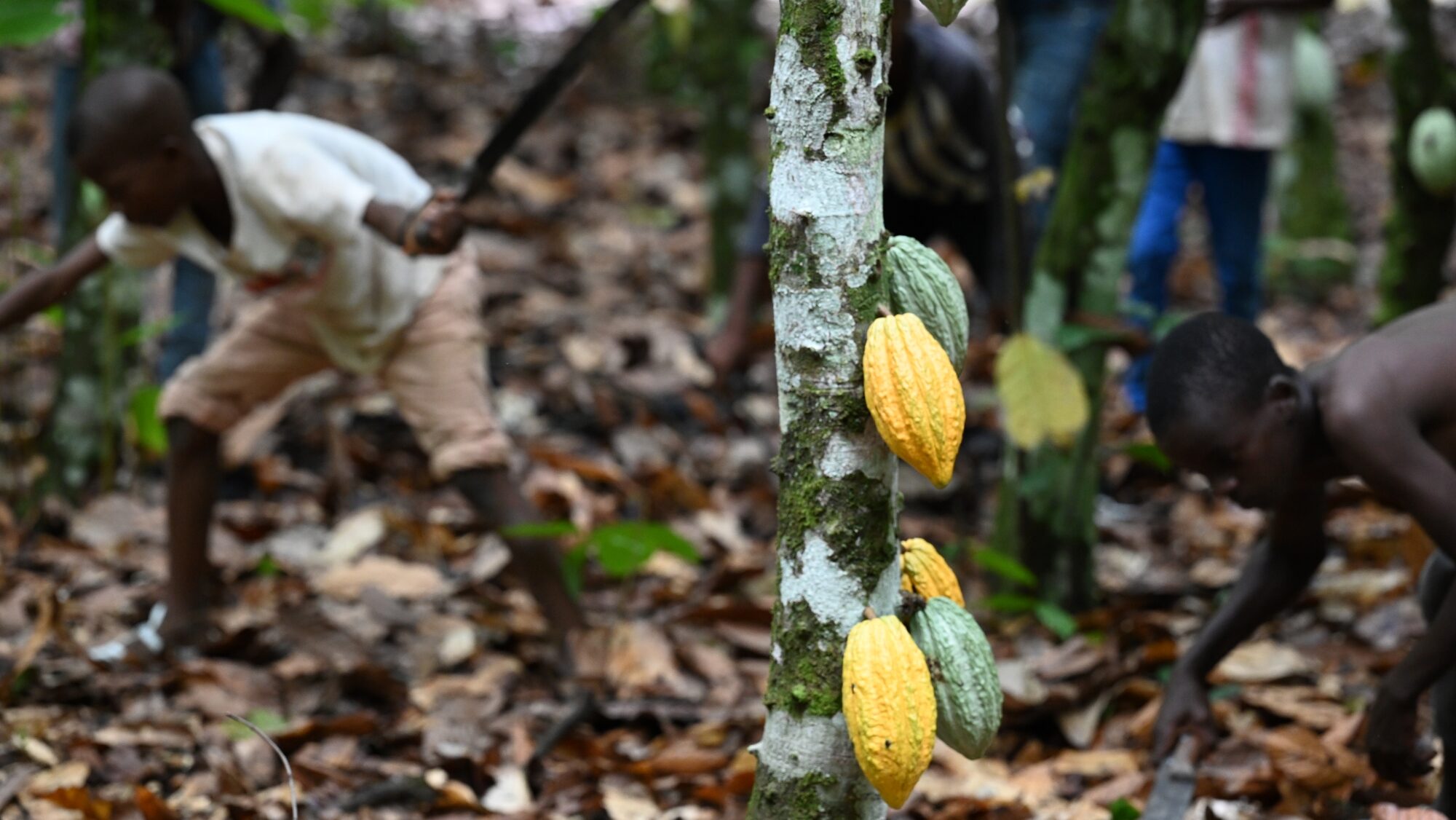The Work: No Child’s Business alliance -WNCB- welcomes the new Corporate Sustainability Due Diligence Directive (CSDDD), adopted by the European Union on May 24, and likely to come into force in June. Large companies in the EU will have to take steps to prevent and remedy adverse impacts on human rights and children’s rights in their global supply chains, including child labour.
The impact of business activities on the rights of children has long been a matter of concern. The risk of child labour is widespread in international supply chains and production countries where leading companies in the EU market source their materials. The landmark Corporate Sustainability Due Diligence Directive (CSDDD) imposes legal obligations for business action to identify, address and remedy adverse impacts on human rights, including children’s rights, and the environment.
When conducting supply chain due diligence, companies must actively consider children’s rights included in the United Nations Convention on the Rights of the Child (UN CRC). Companies need to prevent and address child labour and safeguard the right to education, health, and an adequate standard of living. They must also consult stakeholders that may be affected, including children, as part of their due diligence process.
WNCB’s experience working with partners in production countries confirms that supply chain due diligence is not enough to effectively get children out of child labour and (back) into school. It needs to be complemented by an area-based approach to tackle the root causes of child labour and invest in viable alternatives. Therefore, we welcome the encouragement by the CSDDD to EU Member States to work with partner country governments, the local private sector and stakeholders on addressing the root causes of adverse human rights impacts.
Companies who don’t comply with the Directive risk facing penalties. Children and youth who have been negatively affected by a company’s activities or those of its business partners can take the company to court in the EU, even if they live outside of the EU.
Once the CSDDD enters into force, EU member states have two years to transpose it into their domestic legislation. Depending on their size, companies will have three to five years to implement its requirements. Unfortunately, only a tiny percentage of the largest EU companies are covered by the Directive, with an estimated number of 459 in-scope companies in the Netherlands. The financial sector is largely excluded from the due diligence obligations. This is a missed opportunity, as financial institutions are critical to driving responsible business conduct to prevent child labour and respect children’s rights.
Although not directly covered by the law, smaller businesses will also be impacted. In-scope companies must support SMEs in their global supply chains and production countries to address adverse impacts on human rights and children’s rights.
Throughout the development and political negotiations leading up to the CSDDD approval, the WNCB alliance has advocated for the inclusion of an effective child rights focus into the Directive. We have also called for meaningful stakeholder engagement with children as a vulnerable group, aligned with the OECD Guidelines for Multinational Enterprises. Although serious gaps remain, we believe the CSDDD has the potential to significantly reduce risks of child rights abuse, including child labour.
WNCB will continue to promote the effective implementation of the due diligence legislation and accompanying measures, focusing on children’s rights and the prevention of child labour. As alliance partners we remain committed to work together with governments, companies, and civil society organisations in the EU and production countries to strengthen due diligence practices from a child rights perspective and tackle the root causes of child labour with sustainable alternatives.
For information and inquiries, please contact Tanja Brok

